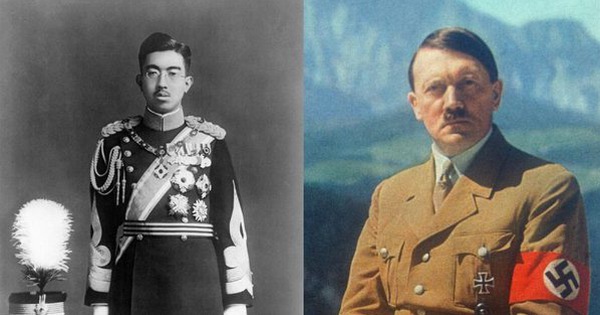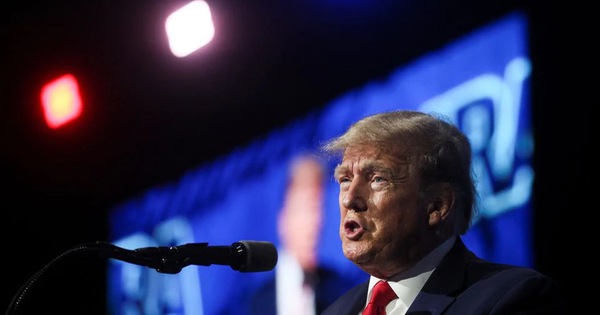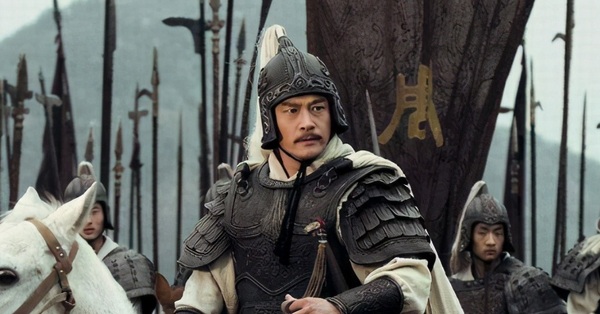The reason why Germany is hesitant to transfer heavy weapons to Ukraine
February 27, 3 days after Russia opened Special military operation in Ukraine, Chancellor Olaf Scholz gave a speech to the German Parliament that shocked even his closest political allies. Calling that moment Zeitenwende (turning point), Chancellor Scholz outlined the biggest strategic shift in security, foreign and energy policy in the federal republic’s history.
Notable changes include an increase in the defense budget from 1.5% to 2% of Germany’s GDP, and the creation of a special fund worth 100 billion euros (equivalent to 110 billion USD) to invest in the military. armed forces of this country. Not only suspending the $ 11 billion Nord Stream 2 pipeline project to transport natural gas from Russia to Germany, Prime Minister Scholz also built two liquefied natural gas (LNG) depots to reduce the cost of gas. dependent on Russian energy.

According to The Economist magazine, the new German strategy has raised great hopes for the West. But after just eight weeks of hostilities in Ukraine, these hopes are dwindling, little by little. Scholz still refuses to support calls to stop importing or impose taxes on Russian oil and gas. And every day, Germany still pays Russia tens of millions of euros in fossil fuel use, even as the war in Ukraine continues.
Not only that, the delay in providing Ukraine with heavy weapons such as tanks, self-propelled artillery … also caused the German leader to face many criticisms both at home and abroad.
Binding interests with Russia
Unlike other Western allies, Germany did not supply Ukraine with weapons before its time Russia launched a special military operation, and even blocked other countries from sending military equipment of German origin to Kiev.
According to Reuters news agency, this is because the Berlin government has long maintained a policy of not exporting weapons to war zones. This policy received widespread support from the German public, especially as the country struggled to shake off World War II-era guilt.
Chancellor Scholz’s statement on February 27 was a reversal from Germany’s longstanding foreign policy of “Wandel durch Handel” (Change Through Trade), with the aim of changing the face of Russia through through trade and economic integration with Germany. Although many views this as a risk, generations of German governments have maintained that establishing relations with Moscow is a good thing, and peace in Europe cannot be maintained without Russia.
While some have criticized Mr Scholz’s current approach as “too shy”, this reticence can be traced back to the fact that the Social Democratic Party of Germany (SPD) has long been pro-Western. Russia. This attitude stems from “Ostpolitik”, a policy of resumption of relations with Germany’s eastern neighbors, initiated in 1969 by former West German Chancellor Willy Brandt, a member of the SPD.
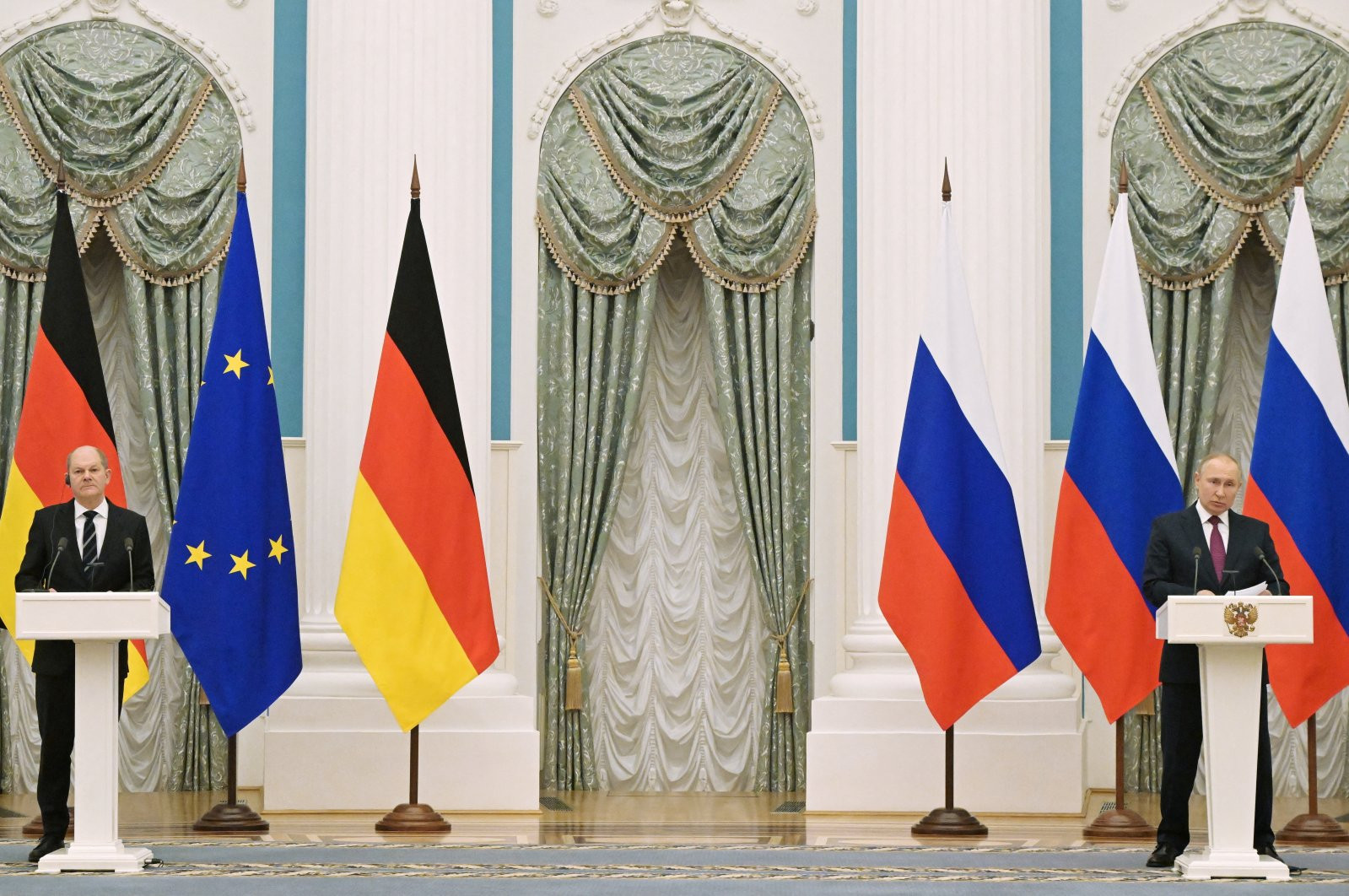
“I don’t think an SPD politician would do something against the will of his party,” said Thomas Kleine-Brockhoff, an expert with the Marshall Fund of America. According to him, the SPD often prefers cooperation with Russia rather than confrontation.
According to Professor Carlo Masala, a defense and security expert at the Bundeswehr University of Munich, Chancellor Scholz wants to deliver two messages from this change. On the one hand, he wants to signal to Russia that Germany is still holding back from providing heavy weapons to Ukraine. On the other hand, it is also a signal of reassurance to the people of the country and his own party.
“This is a contentious issue within the SPD. However, Mr. Scholz still needs support from all the legislators who take a stance against delivering heavy weapons to Ukraine, who say this. will escalate the conflict and Germany will become a target of Russia,” Professor Masala told DW channel.
Limits of the German Army
Berlin officials have argued that giving away heavy weapons would make Germany unable to fulfill its military obligations both at home and with NATO. “For now, we have to admit that the options we have are reaching their limit,” Scholz said.
According to German Deputy Inspector General Markus Laubenthal, to ensure defense capabilities in the country and in NATO territories, the German military needs special weapons systems such as the Marder infantry fighting vehicle or heavy self-propelled artillery 2000. In which, Marder is a combat system that needs intensive training. Although the training time can be shortened, it still takes several weeks to prepare this equipment.
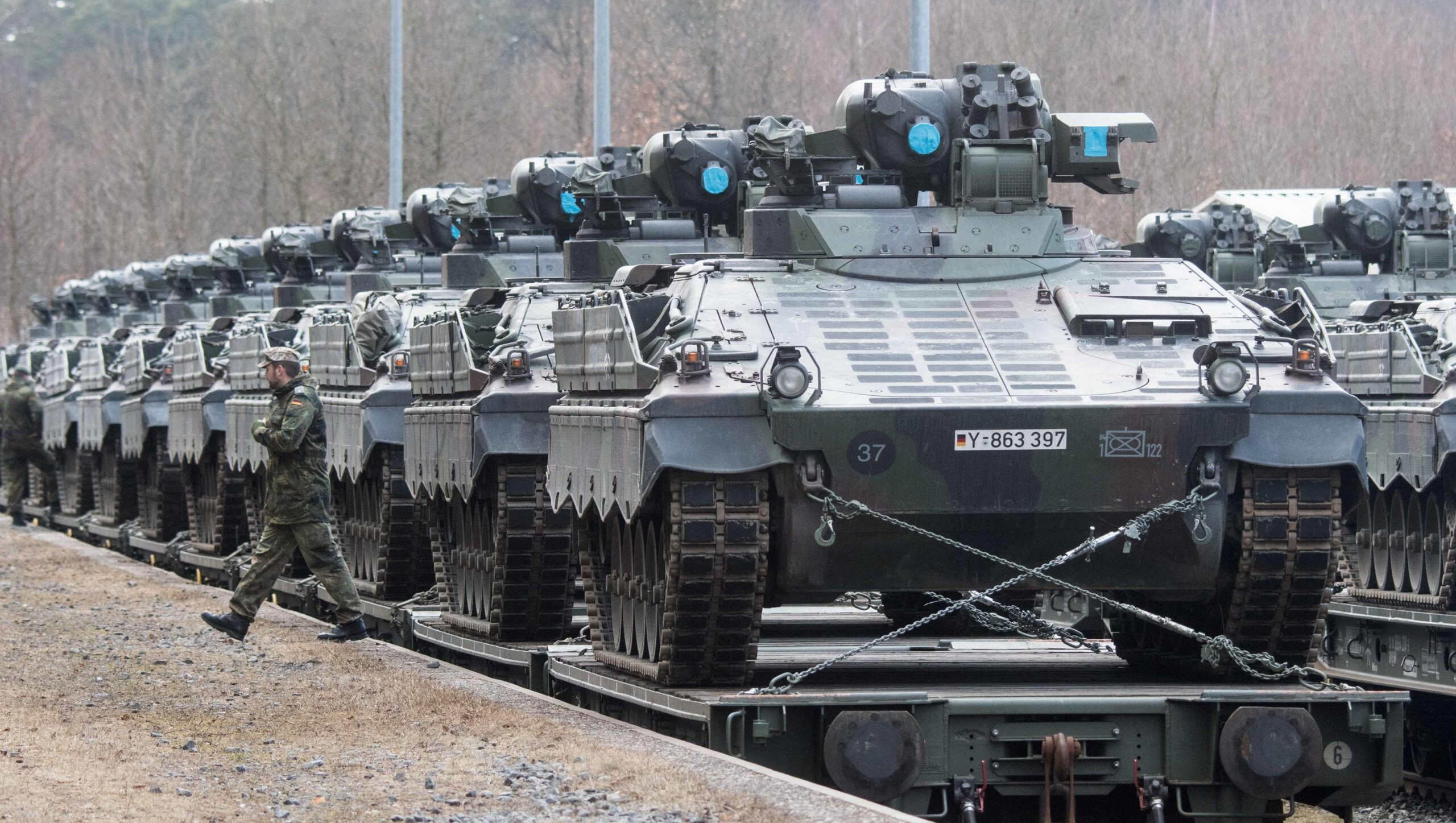
Mr. Laubenthal’s comments came in response to remarks made by Ukraine’s Ambassador to Germany Andriy Melnyk, who said the decision not to supply Ukraine with heavy weapons was “incomprehensible”. about 400 Marder vehicles, of which about 100 are used for training, so they can still be handed over to Ukraine immediately.
Meanwhile, former NATO general Hans-Lothar Domröse has dismissed claims that intensive training is required to master the use of the Marder. “People who know how to use the Soviet BMP-1 model can familiarize themselves with Marder in less than a week,” he said.
Difficult to maintain alternatives
Scholz said that Berlin is disbursing more than 1 billion euros to help Ukraine buy military equipment from Germany. He listed anti-tank weapons, anti-aircraft equipment and ammunition as examples, but did not mention the tanks and planes Kiev was asking for.
Bild newspaper once reported that German defense companies initially offered to provide heavy weapons such as Marder vehicles, Boxer armored vehicles, Leopard 2 tanks and self-propelled artillery. However, these items later appear to have been deleted.
“There are some heavy weapons on the list, but certainly not tanks. So tanks seem to be a red line for the German government right now,” said Professor Carlo Masala.
Even so, Berlin still finds a way to “detour” when trying to convince the Allies to supply Soviet-era weapons to Ukraine in exchange for more current German weapons. For example, it is lobbying Slovenia to send some Soviet-era T-72 battle tanks to Ukraine, and in return Slovenia will receive German-made Marders.
However, Mr. Masala commented that this method will not last long, because the above weapons will soon be destroyed in the battle, and Ukraine will again fall into the situation of running out of heavy weapons. “At some point, the question of whether to train and transfer modern Western weapons systems to Ukraine will return,” the professor said.
Vietnamese-English
at Blogtuan.info – Source: vietnamnet.vn – Read the original article here

